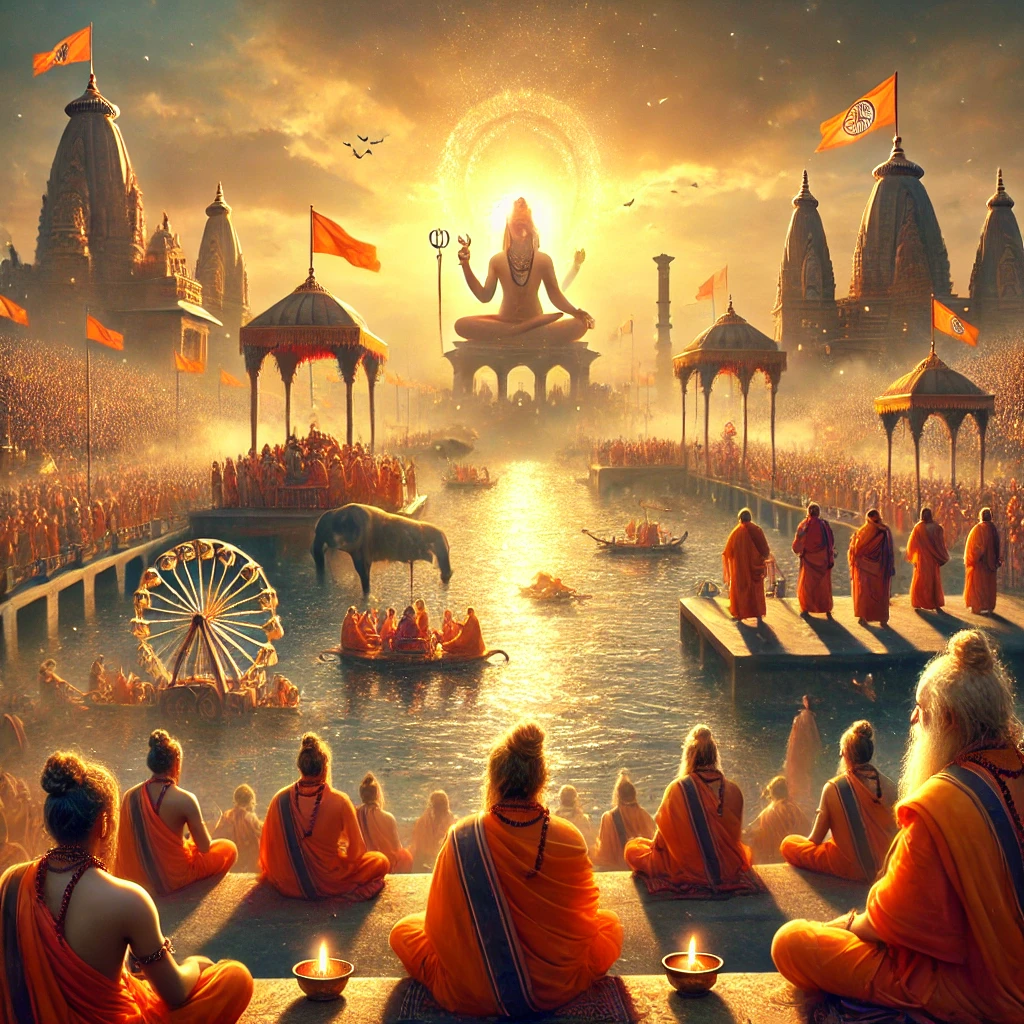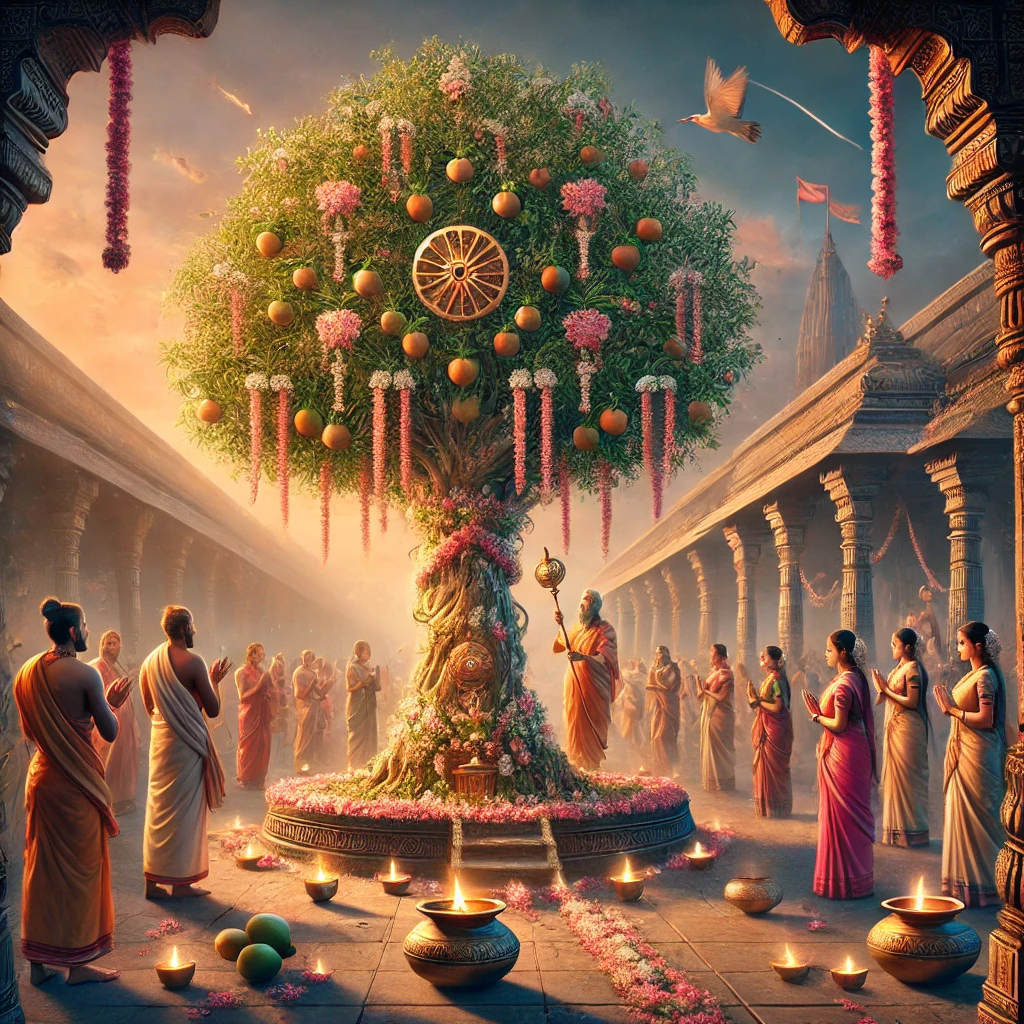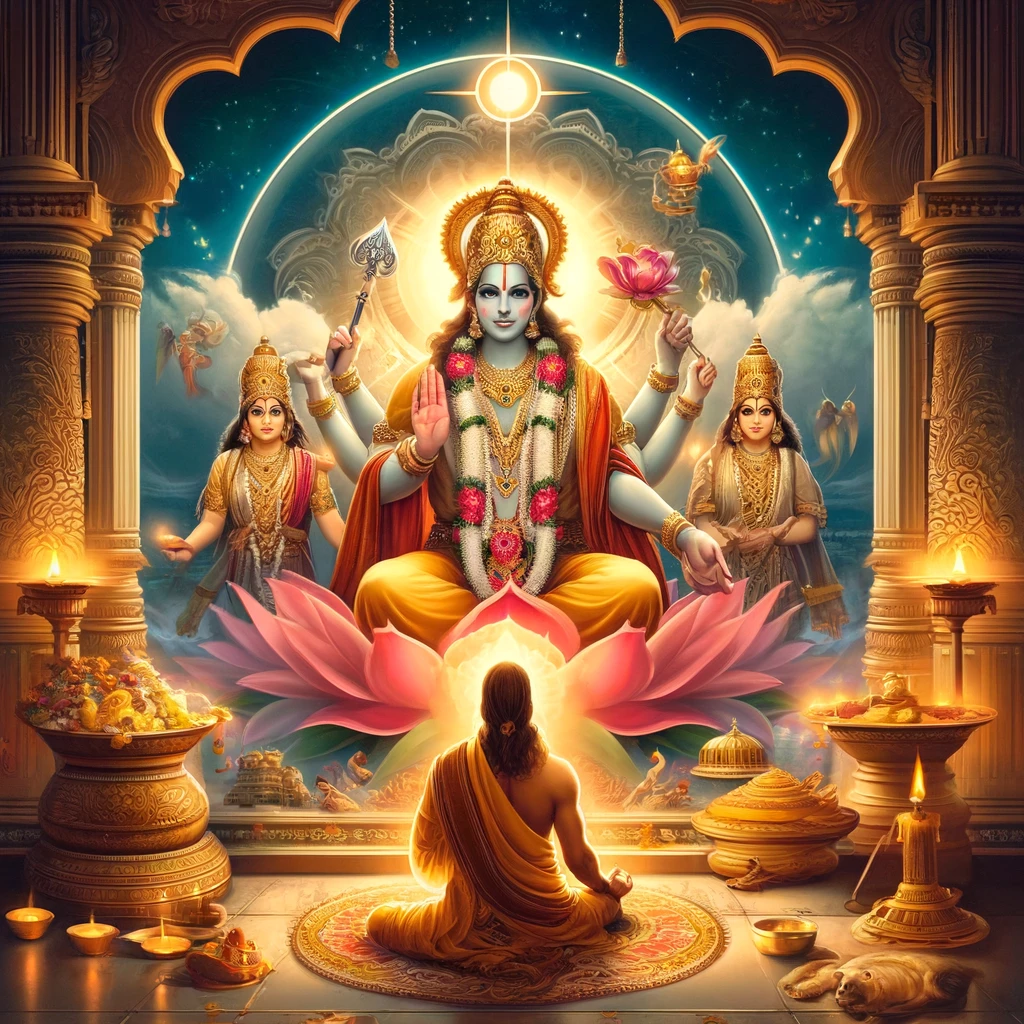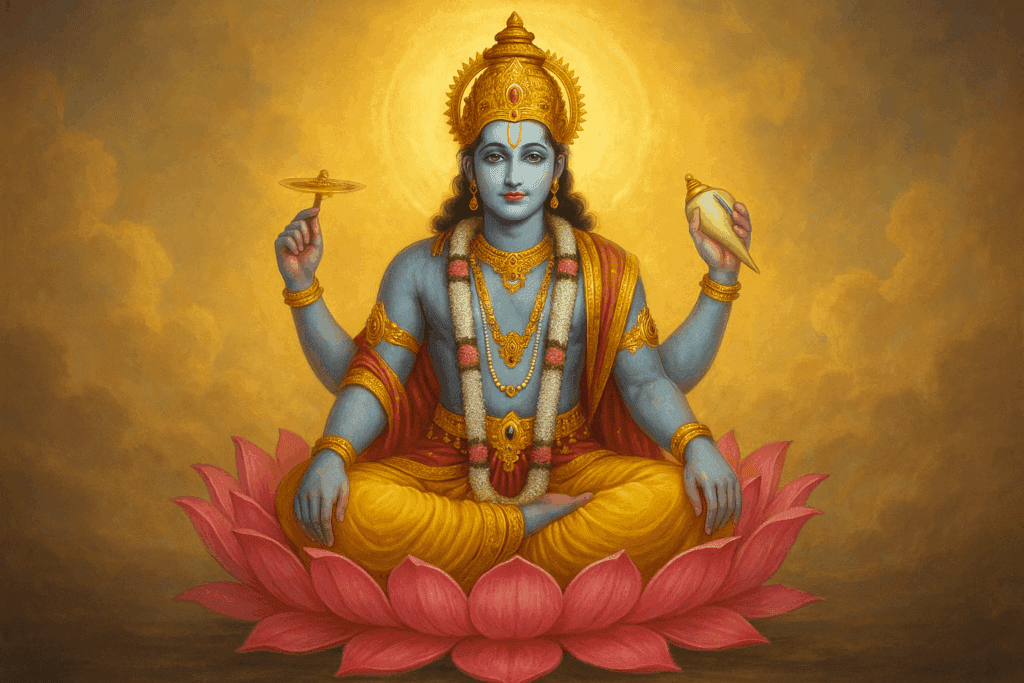Pausha Putrada Ekadashi Vrat Katha: Date and Time 2025
Introduction
For Hindus, especially married couples yearning for blessings of children, Pausha Putrada Ekadashi is a significant religious celebration. Usually coming in December or January, the Shukla Paksha—waxy phase of the moon—occurs during this Ekadashi in the Pausha month. This day commemorating Lord Vishnu, the cosmic preserver, has great spiritual value. The day consists in prayer, fasting, and other ceremonies intended to receive divine graces. Observing this Ekadashi largely depends on its Vrat Katha, a holy narrative underlining the benefits and importance of the fast.
This essay will cover the Pausha Putrada Ekadashi Vrat Katha together with its background, meaning, and moral lessons it presents.
Understanding Ekadashi
The eleventh day of the lunar calendar is “Ekadashi.” A year consists in 24 Ekadashis, each with individual meaning and customs. These are said to be quite lucky days for spiritual activities and fasting. Observing Ekadashi is thought to assist believers achieve spiritual purity, atone for past misdeeds, and get divine gifts.
Pausha Putrada Ekadashi stresses especially the wish for descendants. The fast is held to seek Lord Vishnu’s blessings for children; the day is devoted to him. Those who follow the customs and keep the fast with sincerity are supposed to get the gift of children and happiness in their households.
The Legend Behind Pausha Putrada Ekadashi
Many Hindu scriptures, particularly the Bhavishya Purana, feature the story related with Pausha Putrada Ekadashi. It chronicles the life of pure and virtuous Bhadravati ruler ruler Suketuman.
Deeply in love with each other, King Suketuman and his wife, Queen Shaivya, Still, they were childless and came upon a dismal reality. Lack of children made them depressed even with their wealth, power, and piety. Especially the king felt obliged to name a successor for the country.
Often seeking blessings for a child, the king and queen journeyed unpackled, praying to different gods. The queen’s infertility over time damaged their marriage and discouraged the palace servants.
The Despair of King Suketuman
Believing he had no purpose left without an heir, King Suketuman resolved one day in a desperate attempt to die in the forest. Deeper into the forest he came upon a group of sages in meditation. Seeing the king in such a sad situation, they walked up to inquire about his loss.
The king related his circumstances and his loss of childbearing. The sages heard his anguish and gave him a fix as they were smart and kind. On that day, they encouraged him to fast and told him about the lucky Pausha Putrada Ekadashi. The sages underlined that truly fasting and praying to Lord Vishnu would help him to receive the blessings he so much craved.
Fast King Suktuman’s
The sages’ comments inspired King Suketuman to follow their counsel. Returning to his palace prepared for the approaching Ekadashi He explained Queen Shaivya the fast and the purpose of the day. Together, driven by prayer and determination, they watched the ceremonies laborately.
Early on Pausha Putrada Ekadashi, the king rose early, went on a holy bath, and set an altar for Lord Vishnu. On the altar he arranged flowers, fruits, and sacred presents to demonstrate his respect and dedication. All through the day he requested for his blessings, uttered the Lord Vishnu’s names, and prayed.
Power of Faith and Devision
As the sun dropped and the darkness grew, the king maintained vigilant in his commitment. Turning away food and drink, he focused entirely on his prayers and Lord Vishnu’s love. His continuous faith related with the cosmic divine power.
King Suketuman had a holy vision in the nighttime calm. His prayers had been heard and before him Lord Vishnu manifested, blessing him. The Lord guaranteed the king and queen a child would soon bless them. Thank you and happy; the king hailed Lord Vishnu and continued his fervent devotion.
The Blessing of Progeny
King Suketuman broke it early the following morning and continued to show Lord Vishnu loyalty after his fast. A few months later, Queen Shaivya shockingly conceived and they celebrated their greatly anticipated gift. The couple was overjoyed when the monarchy declared the upcoming birth of an heir.
Since the infant was healthy and beautiful, the king and queen were immensely happy when she gave birth. Growing up loved and cared for, the king known as Prithviraj makes sure he would grow up to be a just king. Apart than providing King Suketuman with an heir, his faith and link of love with his wife had been strengthened by his confidence and allegiance on Pausha Putrada Ekadishi.
The Moral Lessons of the Vrat Katha
The Vrat Katha of Pausha Putrada Ekadashi carries several important moral lessons that extend beyond the desire for children. Here are some key takeaways from the story:
- Faith in Divine Powers: The story emphasizes the importance of faith in God. King Suketuman’s unwavering belief in Lord Vishnu and the power of the Ekadashi fast showcases that sincere devotion can lead to divine blessings.
- Hope and Perseverance: Despite facing despair, the king did not lose hope. He sought guidance from sages and remained persistent in his prayers. This highlights the significance of perseverance in the face of challenges.
- The Role of Spiritual Practices: The narrative underscores the value of spiritual practices, such as fasting and prayer, in connecting with the divine. Engaging in rituals with a pure heart can foster spiritual growth and attract blessings.
- The Importance of Family: The desire for children symbolizes the importance of family in Hindu culture. The story reinforces the belief that family brings joy, support, and purpose in life.
- Charity and Kindness: The fast also encourages acts of kindness and charity. It is essential to remember the less fortunate and share one’s blessings with others, as this amplifies the positive energy of the observance.
Observing Pausha Putrada Ekadashi Today
In contemporary times, Pausha Putrada Ekadashi continues to be observed with great reverence. Couples who wish to conceive often follow the rituals associated with this day, believing in the power of the fast to grant them the blessing of children.
- Preparations for the Fast: Individuals typically prepare for the fast by cleansing their homes and setting up an altar for worship. They decorate the altar with flowers, fruits, and sacred items, creating a conducive environment for prayer.
- Observing the Fast: The fast is observed with sincerity and devotion. Many devotees choose to undertake a complete fast without water (nirjala), while others may consume fruits or light snacks. The focus remains on prayer and worship throughout the day.
- Puja and Chanting: On the day of Ekadashi, devotees perform puja (worship) for Lord Vishnu, often reciting the Vishnu Sahasranama (a thousand names of Vishnu) and other prayers. This practice helps in deepening their connection with the divine.
- Breaking the Fast: The fast is broken the following day after sunrise. Devotees prepare a simple meal, often consisting of sattvic food, and first offer it to Lord Vishnu as a gesture of gratitude.
- Community Celebrations: Many communities come together to celebrate this day with collective prayers and festivities. This fosters a sense of unity and shared faith among participants.
Conclusion
As much as a day of fasting, Pausha Putrada Ekadashi is a wonderful celebration of faith, love, and family. The Vrat Katha reminds us of the power of loyalty and the advantages of actual prayer when it relates with this Ekadashi. The story of King Suketuman demonstrates how faith and hope could generate incredible outcomes even in despair.
Seeing this day, people pray not only for blessings for their children but also for family values, compassion, and perseverance, so strengthening their spiritual ties. Pausha Putrada Ekadashi is still a cherished custom inspiring devotion and hope for fresh begins for many thousands of followers. Many have discovered the joy of family by way of faith and dedication; so, this day is rather lucky in the Hindu calendar.
Pausha Putrada Ekadashi Date and Time for 2025
| Day | Date | Month | Year | Ekadashi Start Time | Ekadashi End Time | From Time (Fast Start) | To Time (Parana – Fast Break) |
| Saturday | 11 | January | 2025 | 5:30 AM | 03:45 AM (Next Day) | 6:00 AM | 06:30 AM (Next Day) |






